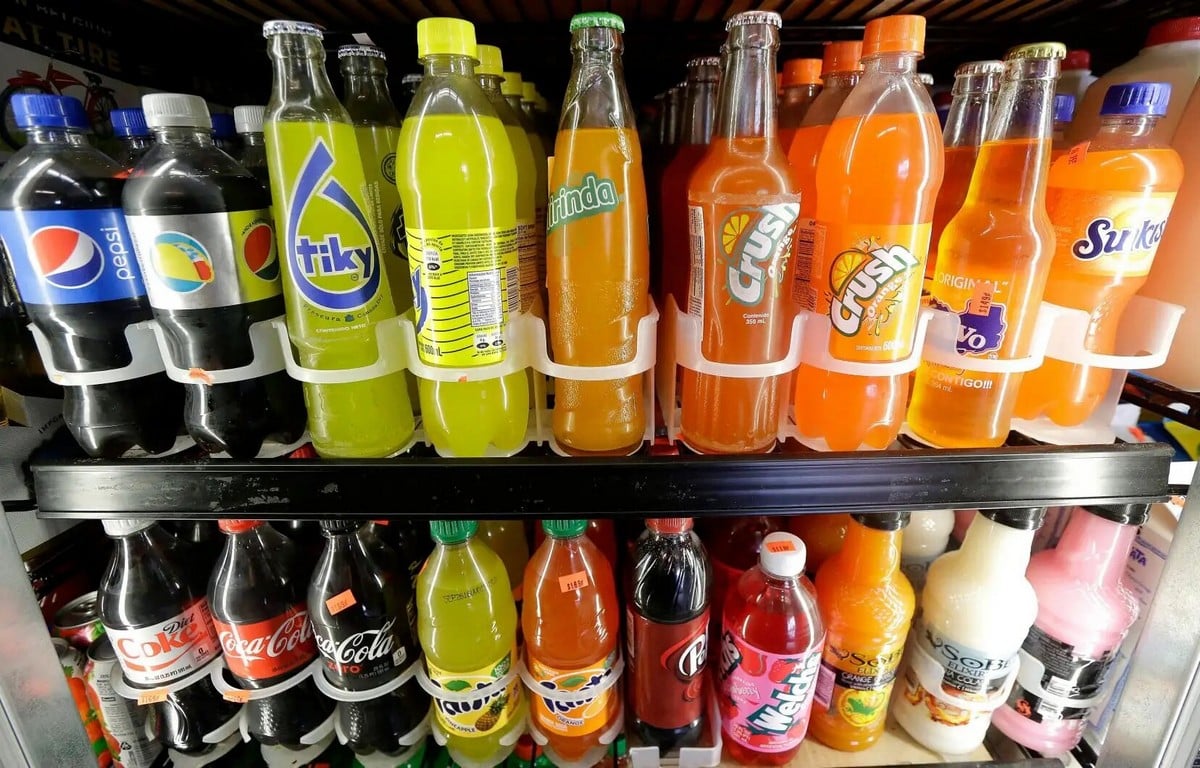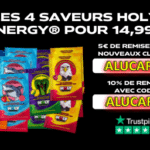Although fruit juice is natural, nothing says that it is a healthier drink than soda or energy drink. Regardless of the drink, the level of sugar it contains depends on its version and its preparation. Indeed, a liter of a light version of soda can contain much less sugar compared to a liter of concentrated fruit juice. Either way, it is always advisable to enjoy drinks in moderation, as apart from sugar, they contain nutrients that are essential for our well-being. Discover through our article the sugar content in fruit juices, energy drinks and sodas to help you make your choice.

Fruit juice, energy drink and soda: which is sweeter?
First of all, you should know that the type of sugar found in fruit juices is natural fruit sugar. On the other hand, sodas and energy drinks contain added sugars.
Normally, information about the sugar content in a drink is listed on the label along with the vitamin, mineral and nutrient intakes. They should be read carefully before drinking the beverages.
Sugar content in fruit juices
The manufacture of pure fruit juices and fruit juices from concentrate is done according to very specific European regulations. The latter stipulates the prohibition of any addition of dyes, preservatives and sugars in the beverage. Fruit juices therefore contain only the sugars naturally present in the fruits that constitute them.
The sugar content in fruit juices is divided according to the fruits used to concoct them. Find some examples in the following table:
| 250ml fruit juice | Sugar levels |
| Tomato juice | About 7.5g |
| Orange juice | About 23.75g |
| Grapefruit juice | About 20g |
| Apple juice | About 22.5g |
| Grape juice | About 40g |
Sugar levels in energy drinks
The energy drinks are known to be very sweet. They are very popular thanks to their refreshing quality and their ability to boost the energy of their consumer through the stimulating ingredients that constitute them. However, the sugar content of these drinks is, in general, invisible on their can.
To help you know roughly the sugar level in energy drinks, discover in the following table the results of a laboratory analysis carried out by ABE on 10 samples of energy drinks:
| Name of energy drinks (250 ml can) | Sugar levels |
| Burn intense energy | The equivalent of 9 sugar cubes |
| Flying Power | The equivalent of 8 sugar cubes |
| Trojka energy | The equivalent of 7 sugar cubes |
| Denner Energy Drink | The equivalent of 7 pieces of sugar |
| Red Bull | The equivalent of 7 sugar cubes |
| Power Bat | The equivalent of 7 sugar cubes |
| Techno Energy drink | The equivalent of 7 pieces of sugar |
| M Budget Energy Drink | The equivalent of 7 pieces of sugar |
| Go fast!Sport | The equivalent of 6 sugar cubes |
| Price Guarantee Energy Drink | The equivalent of 6 sugar cubes |
With a small sugar cube that weighs 4g, a can of energy drink contains an average of 24g to 36g of sugar. If it is with a large lump of sugar that weighs around 7g, then a 250ml can can contain between 42g to 63g of sugar.
Sugar content in sodas

A soda is generally a non-alcoholic carbonated drink that is composed mainly of water, antioxidants, plant extracts, acidifiers and sugars. This drink exists in different types being offered by several brands.
The sugar content in a soda depends on its type. Find in the following table the most famous types of sodas with their sugar content:
| Kind of soda | Last name | Sugar content in 250 ml |
| colas | Coca Cola | About 27.5g |
| Pepsi | About 29g | |
| Fruity sodas | Fanta Orange | About 26.5g |
| lemonades | Sprite | About 26.5g |
| 7-UP | About 31.5g |
The sugars in sodas can be replaced by sweeteners to obtain sugar-free drinks. However, excessive consumption of these drinks is not recommended since they are not made with organic and natural ingredients.
Looking at these numbers, we can see that energy drinks are the sweetest of the three. Besides, know that they also belong to the family of sodas. Even if a fruit juice sometimes displays a higher sugar content than that of a soda or an energy drink, it should be remembered that the sugar of the natural juice comes from the fruit while that of the soda is an added sugar.
Unlike fruit juices, sodas are not governed by strict regulations by including various ingredients in their composition. As a result, they have less nutritional value compared to fruit juices.
Sugary drinks: how to avoid excessive sugar consumption?
Sugary drinks, sodas, energy drinks and fruit juices can contribute to your nutritional balance if you consume them in moderation. Be aware, however, that they can in no way replace water. Indeed, the lack of mineral water has serious repercussions on health and the habituation to sweet taste is difficult to remove.
Excess sugar in the body promotes obesity and diabetes. To avoid this, it is necessary to limit the consumption of sugary drinks, especially during the meal. It is wise to take water as often as possible and to drink sugary drinks only occasionally.
You must accustom your children to healthy eating, that is to say, not to eat too much sugary foods and drinks, from an early age, so that they stay in good shape.






